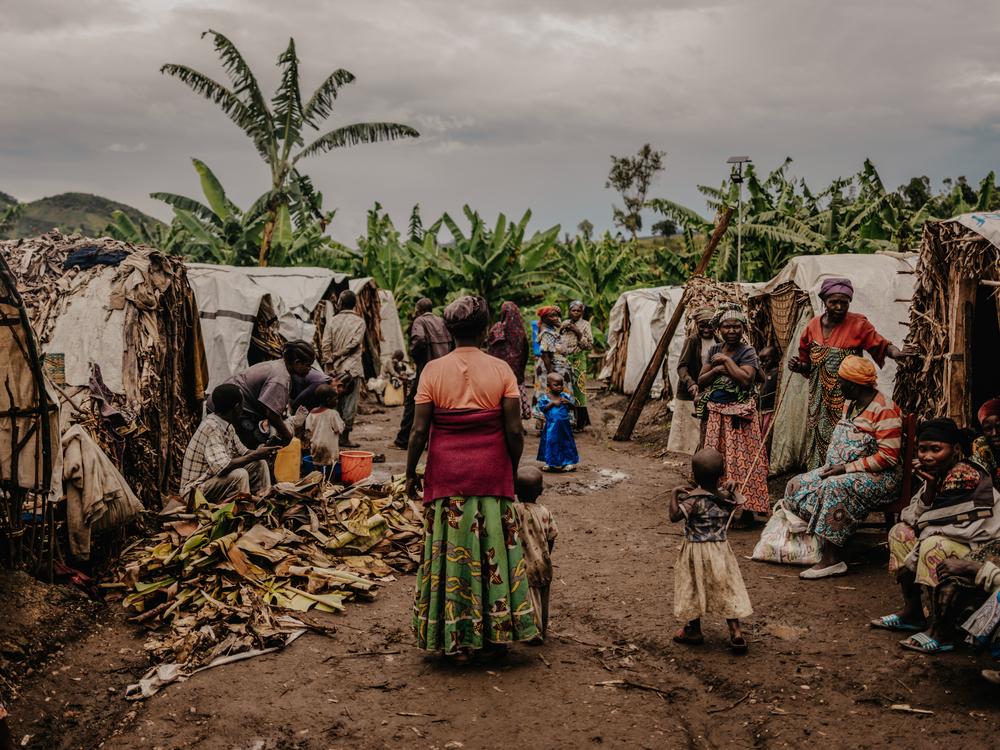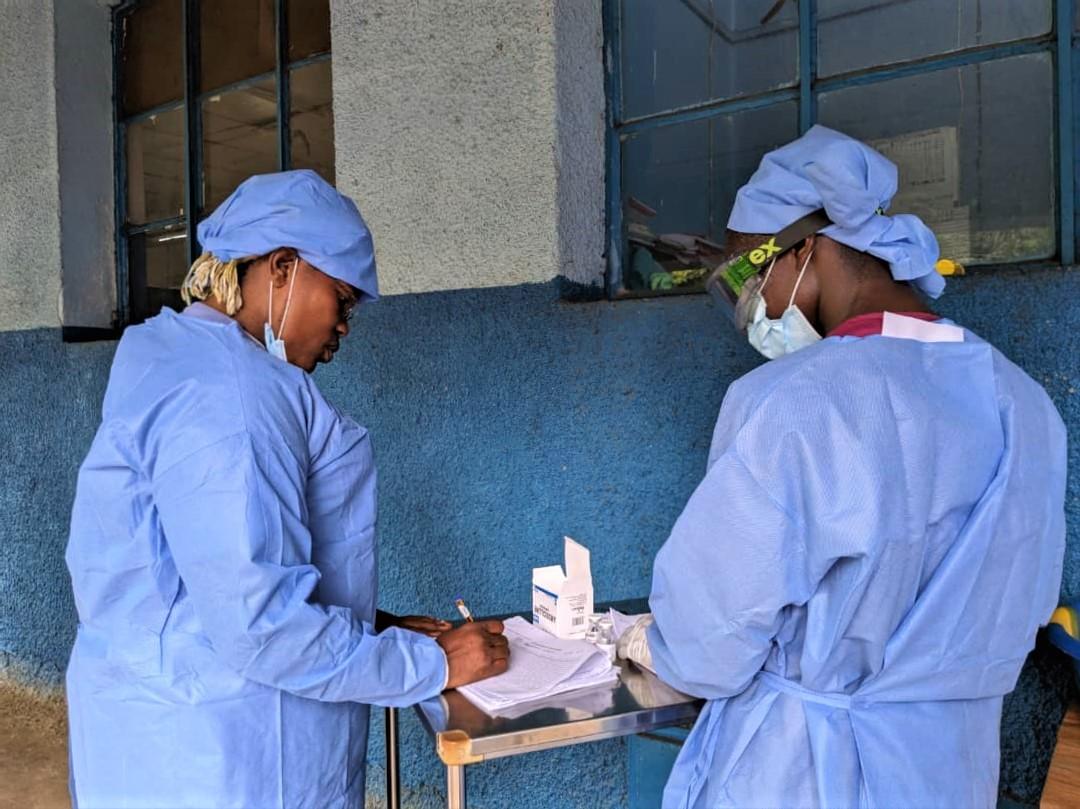Civilians caught in the crossfire in the Democratic Republic of Congo are once again being forced to endure violence as the fighting between several armed groups, including the M23 and the Congolese armed forces, intensifies. Marie Brun, emergency coordinator for Doctors Without Borders (MSF) in Goma, the province of North Kivu, provides an update on the situation.
Insecurity seems to be increasingly affecting civilians caught in the crossfire who are already displaced in the Kivus, particularly around Goma. What is the situation?
Over the past two years, we have seen regular movements of people fleeing the fighting in North Kivu province and, more recently, in South Kivu. The many civilians and families have mostly sought refuge in rudimentary camps on the outskirts of Goma, the capital of North Kivu.
In recent weeks, Goma has gradually been surrounded by several front lines, with 600,000 and 1 million displaced people being crammed alongside the city’s two million residents. The concentration of armed men in and around the densely populated camps and the growing proximity of military positions to the displaced people has led to a general increase in the level of violence: civilians are caught in the crossfire between the different armed groups; and are wounded, killed, or become victims of crime and, in particular, of sexual violence.
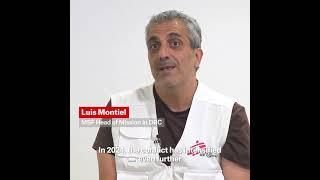
Civilians caught in crossfire in North and South Kivu
What is the impact of this violence on civilians?
According to our observations, heavy artillery fire in the camps around Goma has caused 23 deaths and 52 injuries since February 2024. According to the United Nations, at least 18 civilians, most of them women and children, died, and 32 others were wounded in bombardments affecting several internally displaced persons (IDP) sites on the morning of May 3rd alone.
Since the beginning of the year, we have observed crossfire and grenade explosions inside the camps, both day and night. We have recorded 24 incidents involving shellfire in or around the camps where we work, and MSF teams have received 101 non-life-threatening casualties, 70% of them civilians, at the Kyeshero hospital, transferred by the International Committee of the Red Cross (ICRC), which treats the most serious weapon-wounded patients. We are also concerned that patients delay seeking care for fear of the associated security risks.
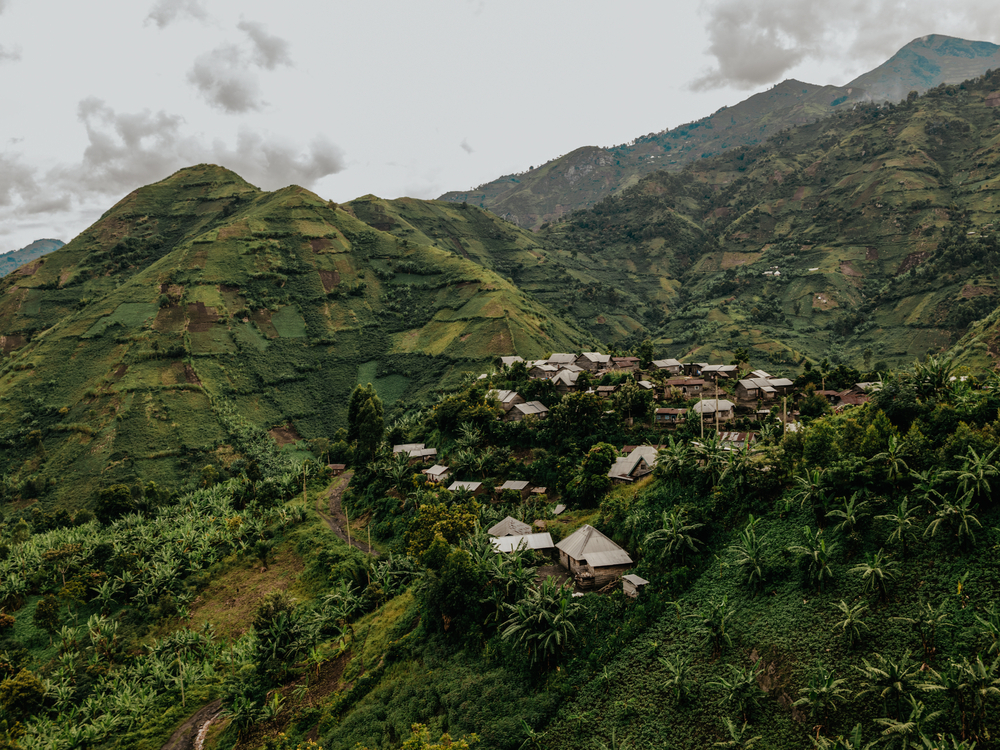
In the Shabindu, Rusayo and Elohim camps, we treated more than 1,700 new cases of sexual violence in April, 70% of which were perpetrated by weapons carriers. MSF is able to provide medical and psychological care to survivors, but there are very limited referral options for legal support, safe shelters and other protection services. While the majority of survivors of sexual violence treated by our teams report having been raped while collecting firewood, we are also seeing an increasing number of assaults inside the camps. Cases of gang rape have also been reported.
Fighting has also resumed in Kibirizi, a reception and transit town for thousands of displaced persons located at the crossroads of several strategic axes in North Kivu. In May, violent fighting broke out in populated areas, both in towns and near fields, resulting in the destruction of infrastructure and vital resources, as well as an exodus of people once again displaced by the fighting. The number of cases of sexual violence has also soared, with a five-fold increase in the number of survivors of sexual violence treated in MSF-supported health facilities in Kibirizi and further south in the Bambo health zone.
With the intensification of hostilities on a new frontline since February, the exchange of fire and artillery is also regularly affecting civilians living in and around the town of Minova in South Kivu, where almost 200,000 people have taken refuge this year.
As MSF, we remind all warring parties that in times of conflict, they must respect international humanitarian law and all protections afforded to civilians, health facilities, patients and medical staff.
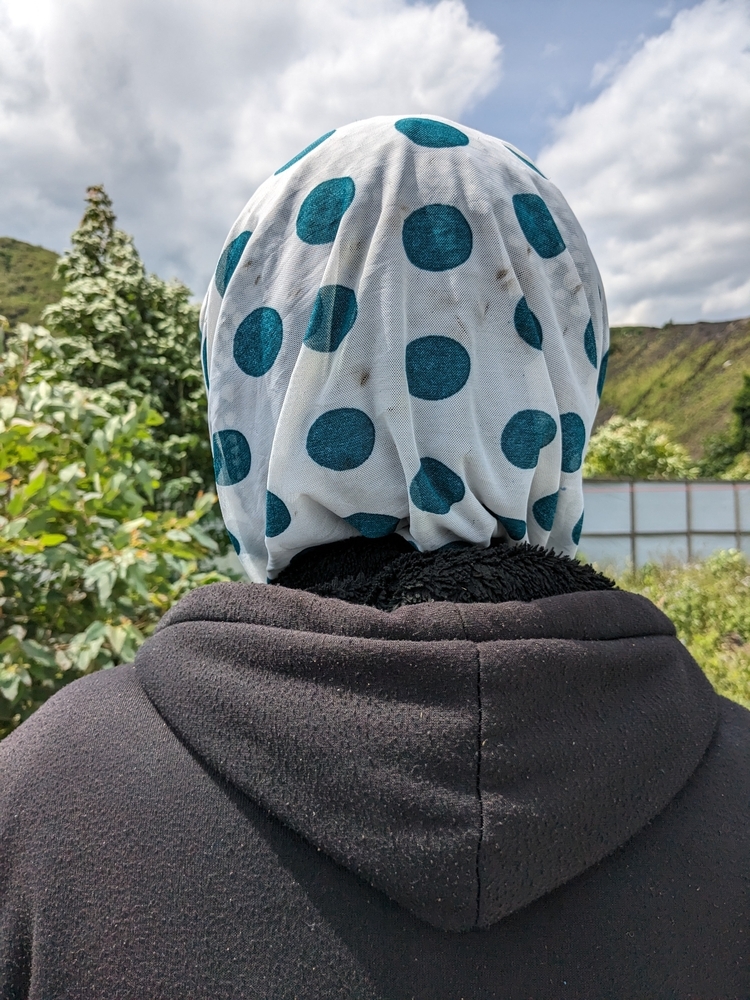
How does MSF continue to work in this context?
In North and South Kivu, our teams work in a volatile security context, with difficulties moving around and delivering humanitarian aid and uncertain access to the health centres we support. Despite the medical and humanitarian nature of our response to this crisis, MSF staff have not been spared from acts of intimidation by armed men.
MSF has suspended its activities on several occasions, mainly because of clashes near the camps in Goma and around Minova. The road from South Kivu to Goma is currently blocked, and supplies can only be delivered by boat from Lake Kivu or offroad by motorbike. The fighting also prevents supplies from Goma from reaching outlying areas where fighting is raging. In Masisi territory, where MSF notably supports the Masisi and Mweso general hospitals, the medical teams have been receiving dozens of war-wounded since the beginning of the year, but for months, road access has been extremely difficult and risky. This has hampered humanitarian operations, depriving people of vital humanitarian aid. As MSF, we remind all warring parties that in times of conflict, they must respect international humanitarian law and all protections afforded to civilians, health facilities, patients and medical staff.
